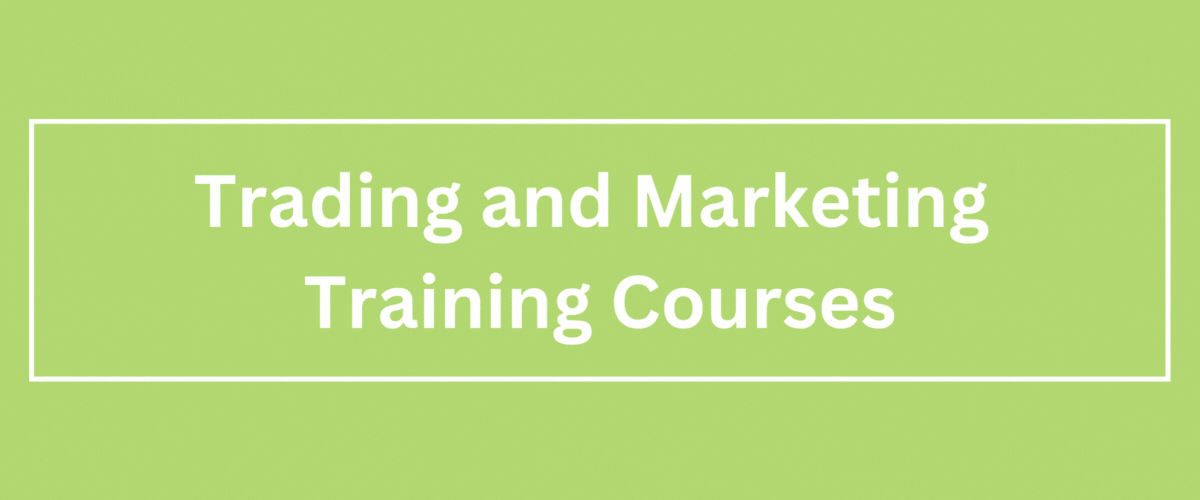
Why Consultative Selling is More Effective Than Traditional Sales Tactics
4 mins readThe traditional “hard sell” is losing its grip. Today’s customers are more informed, more discerning, and more focused on finding tailored solutions rather than being pressured into buying products. This shift has given rise to a powerful and sustainable sales approach: consultative selling.
Unlike traditional sales tactics, which often rely on scripts, persuasion, and urgency, consultative selling emphasizes value creation, trust-building, and solution alignment. It’s no longer about closing the sale—it’s about solving the customer’s problem. This article explores what makes consultative selling more effective, its key principles, and how professionals can master this strategy through targeted training.
What is Consultative Selling?
Consultative selling is a sales technique focused on understanding the customer’s needs, challenges, and goals to recommend personalized solutions. It involves:
- Asking insightful questions
- Listening actively and empathetically
- Educating the buyer
- Collaborating on customized solutions
- Building long-term relationships
This method transforms sales professionals into trusted advisors, not just product pushers. It shifts the focus from the seller’s agenda to the customer’s journey.
To gain a solid foundation in modern sales strategy, explore Copex’s Trading and Marketing Training Courses, which are designed to equip professionals with relevant, results-driven marketing and sales skills.
Why Traditional Sales Tactics Fall Short
Traditional sales tactics often rely on aggressive closing techniques, one-size-fits-all messaging, and high-pressure urgency. While these approaches may yield short-term gains, they typically lead to:
- Lower customer retention
- Lack of trust or loyalty
- Poor alignment between product and need
- Missed opportunities for upselling or long-term value
In B2B environments and complex sales cycles, these tactics are especially ineffective. Buyers today want partnership, not persuasion.
Professionals in the B2B space can enhance their strategic approach through the Effective Business-to-Business (B2B) Marketing course, which aligns perfectly with consultative sales principles.
Core Advantages of Consultative Selling
-
Builds Trust and Credibility
Buyers are more likely to work with vendors they trust. Consultative selling focuses on listening first, which immediately positions the salesperson as a problem-solver rather than a seller. This:
- Enhances credibility
- Encourages open dialogue
- Reduces resistance to engagement
Trust is the foundation of long-term business relationships—and it begins with understanding, not selling.
-
Uncovers Deeper Customer Needs
In consultative selling, discovery is everything. Instead of jumping to product features, sales professionals use open-ended questions to uncover:
- The customer’s current challenges
- Business goals and priorities
- Budget constraints and decision timelines
This in-depth insight allows the salesperson to present a solution that is both relevant and actionable—maximizing the chance of conversion and satisfaction.
-
Aligns Solutions with Business Outcomes
Traditional selling emphasizes product benefits. Consultative selling emphasizes customer outcomes.
By focusing on how your solution helps achieve business goals (e.g., increasing efficiency, reducing costs, boosting revenue), you speak the customer’s language—and make a stronger business case.
Professionals who craft solutions aligned with measurable outcomes will benefit from the Developing & Implementing Strategic Marketing Plans course, which teaches goal-driven engagement techniques.
-
Enhances Long-Term Customer Loyalty
When customers feel heard, understood, and served rather than sold to, they’re more likely to:
- Return for repeat business
- Provide referrals
- Invest in long-term partnerships
- Forgive minor service errors
This loyalty not only reduces acquisition costs but also enhances customer lifetime value.
-
Adapts to the Modern Buyer Journey
Today’s buyers complete a large part of their journey before speaking to sales. They conduct research, compare options, and read reviews online. By the time they connect with a sales rep, they expect:
- Personalized recommendations
- Industry-specific insight
- Collaboration, not confrontation
Consultative selling meets buyers where they are and adds value to an already informed process.
Key Components of the Consultative Selling Process
-
Preparation and Research
- Understand the customer’s industry, business model, and potential pain points.
- Review their public data, content, and competitors.
-
Questioning and Discovery
- Ask open-ended questions like:
- “What’s the biggest challenge your team is facing right now?”
- “What would success look like after solving this issue?”
- Let the customer speak. Listen actively.
- Ask open-ended questions like:
-
Solution Customization
- Avoid generic pitches. Link the solution directly to the needs uncovered.
- Use case studies or data to demonstrate relevance.
-
Value-Based Presentation
- Present outcomes, not just features.
- Focus on ROI, risk reduction, or performance improvement.
-
Follow-up and Continuous Support
- Continue the consultative approach post-sale.
- Offer ongoing insights and resources.
Real-World Scenario: From Push to Partner
A regional supplier of logistics software shifted from a feature-based sales model to a consultative one. Instead of presenting demos on the first call, they introduced a diagnostic session with clients to uncover operational challenges.
Results after 6 months:
- Deal close rates improved by 34%
- Average deal size grew by 22%
- Client retention rose by 18%
This transformation positioned the company as a strategic partner, not just a vendor—showcasing the real power of consultative selling.
Consultative Selling in International Trade Contexts
For professionals working across borders, cultural sensitivity and trust-building are even more critical. In international markets, consultative selling helps you:
- Navigate regulatory or financial nuances
- Respect cultural norms in communication and negotiation
- Build long-term import/export partnerships
The International Trade Finance course is essential for professionals in global sales environments looking to strengthen consultative techniques in high-stakes trade relationships.
Consultative Selling and Strategic Operations
In industries with complex supply chains or planning requirements, consultative selling also enhances operational alignment. Sales teams can work closely with production and logistics to ensure:
- Accurate demand forecasting
- Customer-specific delivery schedules
- Better inventory and fulfillment planning
This level of integration is taught in the Sales and Operation Planning (S&OP) course, enabling sales professionals to contribute directly to business efficiency and customer satisfaction.
Measuring the Success of Consultative Selling
Key performance indicators (KPIs) to track include:
- Increased deal conversion rates
- Shorter sales cycles with fewer objections
- Growth in average deal size or contract length
- Higher Net Promoter Scores (NPS) and client satisfaction
- Increased cross-sell and upsell rates
Organizations that adopt consultative frameworks often see more profitable and predictable growth than those using outdated methods.
How to Transition to a Consultative Sales Model
-
Train your sales team
- Focus on listening skills, solution development, and questioning techniques.
- Encourage role-playing and peer reviews.
-
Change your sales collateral
- Use value-driven presentations, case studies, and ROI calculators.
-
Reframe sales KPIs
- Reward long-term value and customer outcomes, not just monthly sales targets.
-
Coach managers to lead with empathy
- Managers should model consultative behaviors and support reps in deal strategy.
-
Embed into CRM and tech stack
- Use tools that support note-taking, client discovery, and solution matching.
Stop Selling, Start Solving
Consultative selling isn’t just a methodology—it’s a mindset. It’s about being customer-focused, insight-driven, and committed to long-term success—for both your clients and your organization.
As buyers demand more from their sales experiences, consultative selling meets the moment with relevance, empathy, and strategic alignment. It’s not about closing more—it’s about opening relationships that lead to meaningful business growth.
Take the next step in your professional development:
- Trading and Marketing Training Courses
- Developing & Implementing Strategic Marketing Plans
- Effective Business-to-Business (B2B) Marketing
- International Trade Finance
- Sales and Operation Planning (S&OP)
Transform your sales approach—consult, solve, and succeed.





